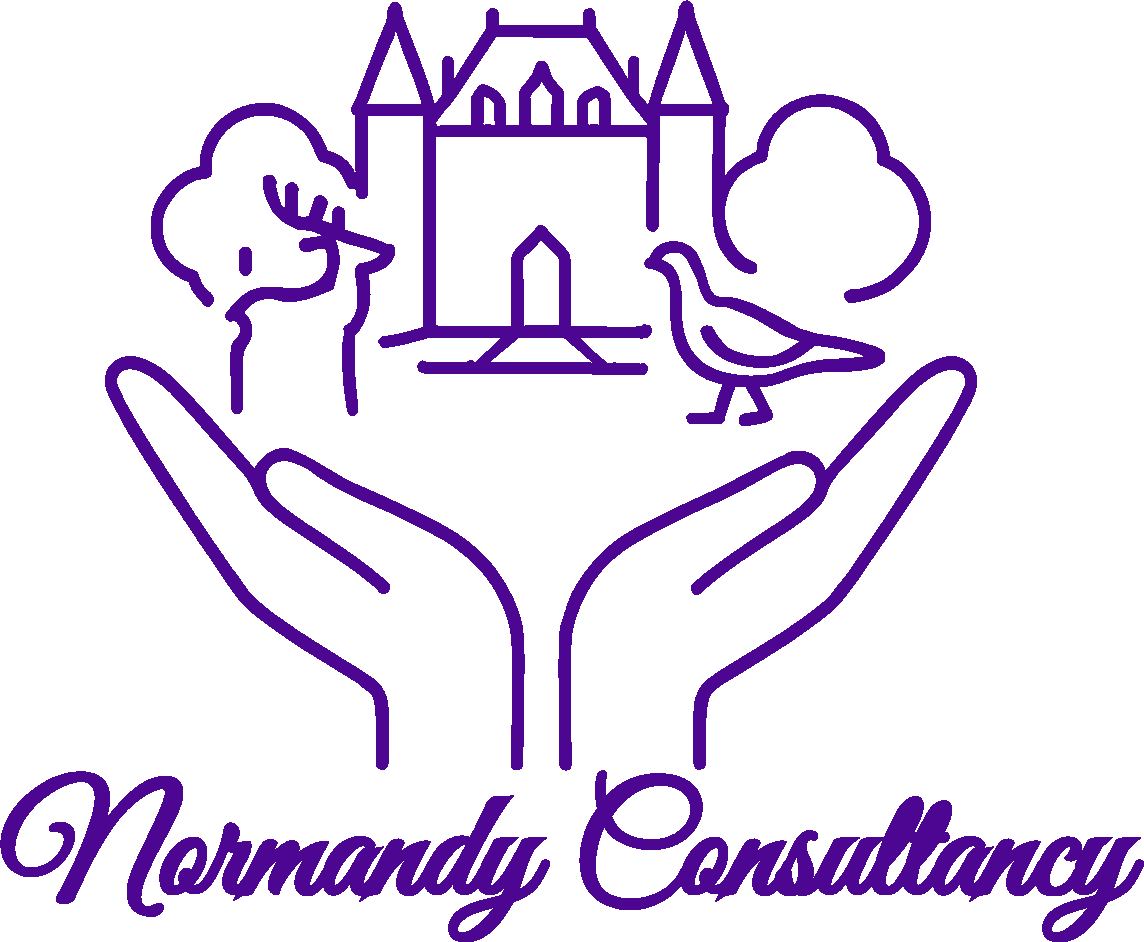The Pros and Cons of Living in France — And Why It’s Still the Best Choice
The Pros and Cons of Living in France — And Why It’s Still the Best Choice Published by Normandy Consultancy
Moving to France is often painted as a fairytale—fresh croissants, romantic cities, and vineyards galore. But let’s be real: every country has its quirks. That’s why we’re laying out both the fors and againsts of living in France to help you make an informed choice. Spoiler alert: France still wins.
The Fors: Why France Steals Hearts
1. Quality of Life
Leisure, family, food, and culture take priority over stress and speed.
Long lunch breaks and generous holidays are the norm.
2. World-Class Healthcare
Affordable and universal with minimal wait times.
Seniors especially appreciate its efficient, compassionate system.
3. Cultural Richness
Art, architecture, and history in every village.
Local festivals, food markets, and heritage sites everywhere.
4. Diverse Living Options
From rustic farmhouses to Parisian flats to coastal villas.
Each region feels like its own little world.
5. Excellent Infrastructure
High-speed trains, reliable public transit, and strong utilities.
Easy access to neighboring countries.
6. Emphasis on Sustainability
France champions eco-living, from recycling to alternative energy.
Rural areas are perfect for self-sufficiency.
7. Affordable Education and Childcare
High-quality schools and low tuition fees.
Generous parental benefits.
8. Food & Wine Culture
Need we say more? Even your local boulangerie feels gourmet.
9. Safety & Stability
Politically stable and generally safe.
Rural areas have low crime rates and strong community ties.
10. Expat-Friendly Resources
Active English-speaking communities, especially in Normandy.
With help from Normandy Consultancy, the transition is smooth.
⚠️ The Againsts: What Might Trip You Up
1. Bureaucracy Can Be… French
Paperwork can be slow, redundant, and confusing.
Most forms are in French and often require physical documents.
2. Language Barrier
While many locals speak English, full integration requires French.
Daily life (from banking to medical care) is easier with at least basic language skills.
3. Higher Taxes
Social security contributions and VAT can add up.
But they fund excellent public services—so it’s not all bad.
4. Job Market Is Tough (for Non-EU Citizens)
Work visa processes are strict, and competition can be fierce.
Recognition of foreign qualifications can be hit-or-miss.
5. Cultural Adjustments
Things move slower, people are more formal, and privacy is deeply valued.
Can be an adjustment if you're used to fast-paced or open cultures.
🏆 Why France Still Comes Out on Top
Every country has trade-offs—but in France, they’re worth it. The pros aren't just romanticized ideals; they're a daily reality when you're guided through the process by people who’ve navigated it successfully.
That’s where Normandy Consultancy steps in. We smooth the path by:
Navigating bureaucracy (so you don’t have to)
Translating and interpreting when language trips you up
Helping with visas, housing, healthcare, and more
💬 Ready to make France feel like home? 📩 Email Annabelle at normandyconsultancy@gmail.com 🌐 Visit normandyconsultancy.com
